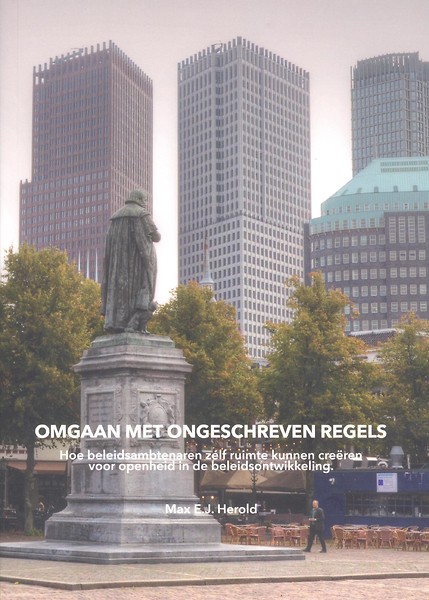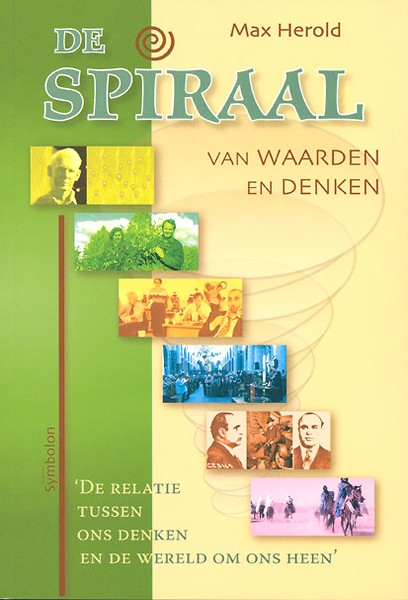“And most generally there is something about everything that you can be glad about, if you keep hunting long enough to find it.”
– Pollyanna, written by Eleanor H. Porter –
Click for the book(s) on: Pollyanna & Pollyanna grows up
Happy movements, they have been around for years. From the Stoics to Utopia and Arcadia fans. And you have organizations that make a product out of that. Take Walt Disney, for example, whose organization has the mission: “We make people happy!” A Disney film always ensures a happy ending.
There is also one innocent children’s book that describes a very simple and effective method, which helps you open up a negative mindset to positivity in and around you in the world, and gradually let that positivity get a fundamental place in your life. The title of that booklet, actually a novella, is ‘Pollyanna’ and written in 1912 by Eleanor H. Porter.
Pollyanna Whittier is a young orphan girl who has to live with her strict but rich aunt Polly. Living with Aunt Polly is not always easy, but she has learned the ‘Just Being Glad’ game from her father. This means that she can not only see something positive in everything, but also gives the people around her positive insight, which gradually changes their lives for the better, even her strict aunt. And that means that the situation around her always turns for the better.
The book was a bestseller at the time and led to the founding of many ‘Just Being Glad’ associations that played its simple game. You still have them nowadays. Once you’ve read the booklet, the simple ‘Just be Glad’ game will give you a simple tool that will enable you to be ‘glad’ the rest of your life. Stimulated by the countless examples described in this simply beautiful novella.
‘The Just Being Glad Game’
“You don’t seem ter see any trouble bein’ glad about everythin’,” retorted Nancy, choking a little over her remembrance of Pollyanna’s brave attempts to like the bare little attic room.
Pollyanna laughed softly.
“Well, that’s the game, you know, anyway.”
“The—GAME?”
“Yes; the ‘just being glad’ game.”
“Whatever in the world are you talkin’ about?”
“Why, it’s a game. Father told it to me, and it’s lovely,” rejoined Pollyanna. “We’ve played it always, ever since I was a little, little girl. I told the Ladies’ Aid, and they played it—some of them.”
“What is it? I ain’t much on games, though.”
Pollyanna laughed again, but she sighed, too; and in the gathering twilight her face looked thin and wistful.
“Why, we began it on some crutches that came in a missionary barrel.”
“CRUTCHES!”
“Yes. You see I’d wanted a doll, and father had written them so; but when the barrel came the lady wrote that there hadn’t any dolls come in, but the little crutches had. So she sent ‘em along as they might come in handy for some child, sometime. And that’s when we began it.”
“Well, I must say I can’t see any game about that, about that,” declared Nancy, almost irritably.
“Oh, yes; the game was to just find something about everything to be glad about—no matter what ’twas,” rejoined Pollyanna, earnestly. “And we began right then—on the crutches.”
“Well, goodness me! I can’t see anythin’ ter be glad about—gettin’ a pair of crutches when you wanted a doll!”
Pollyanna clapped her hands.
“There is—there is,” she crowed. “But I couldn’t see it, either, Nancy, at first,” she added, with quick honesty. “Father had to tell it to me.”
“Well, then, suppose YOU tell ME,” almost snapped Nancy.
“Goosey! Why, just be glad because you don’t—NEED—’EM!” exulted Pollyanna, triumphantly. “You see it’s just as easy—when you know how!”
“Well, of all the queer doin’s!” breathed Nancy, regarding Pollyanna with almost fearful eyes.
“Oh, but it isn’t queer—it’s lovely,” maintained Pollyanna enthusiastically. “And we’ve played it ever since. And the harder ’tis, the more fun ’tis to get ‘em out; only—only sometimes it’s almost too hard—like when your father goes to Heaven, and there isn’t anybody but a Ladies’ Aid left.”
“Yes, or when you’re put in a snippy little room ‘way at the top of the house with nothin’ in it,” growled Nancy.
Pollyanna sighed.
“That was a hard one, at first,” she admitted, “specially when I was so kind of lonesome. I just didn’t feel like playing the game, anyway, and I HAD been wanting pretty things, so! Then I happened to think how I hated to see my freckles in the looking-glass, and I saw that lovely picture out the window, too; so then I knew I’d found the things to be glad about. You see, when you’re hunting for the glad things, you sort of forget the other kind—like the doll you wanted, you know.”
Click on Pollyanna for the whole text.



